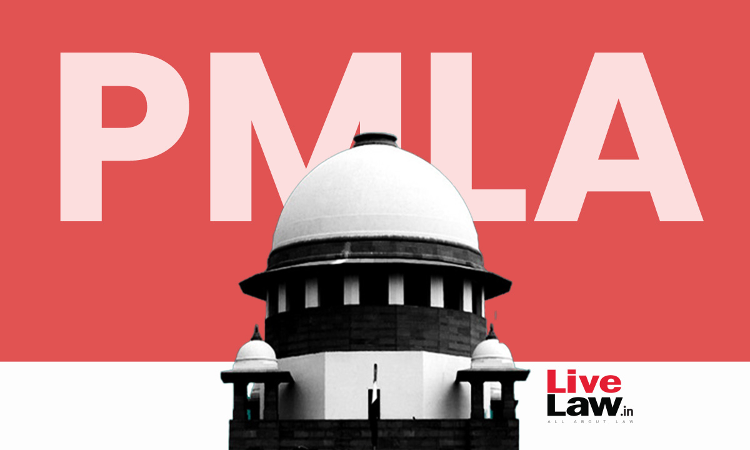The Supreme Court observed there is no need to formally register an Enforcement Case Information Report (ECIR) before initiating penal action or prosecution against the person involved with process or activity connected with proceeds of crime under the Prevention of Money Laundering Act, 2002."Suffice it to observe that ECIR cannot be equated with an FIR which is mandatorily required to...

